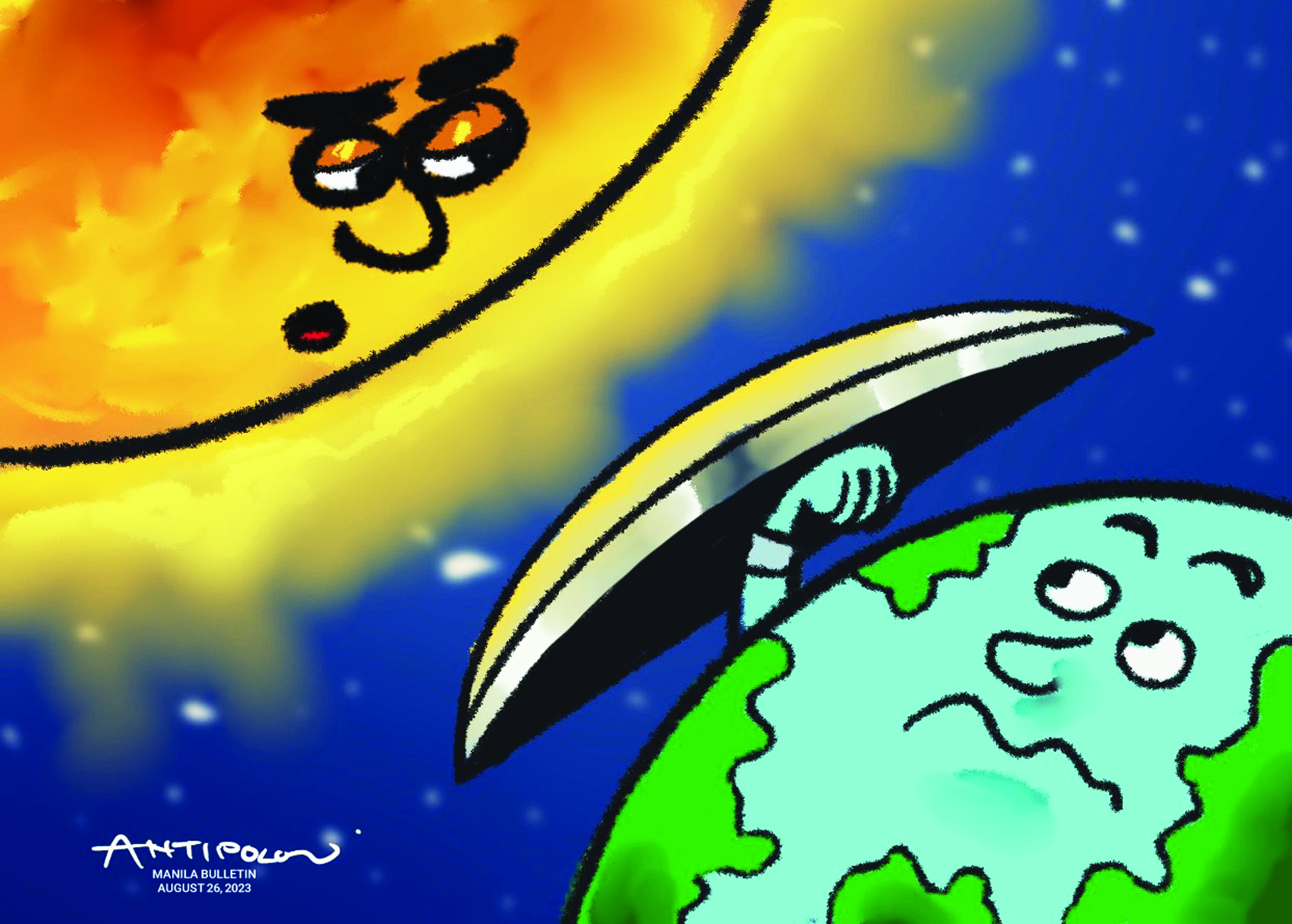
In a “searing” statement issued recently, United Nations Secretary-General António Guterres declared that the world is now entering an era of “global boiling.” Official data confirms that July 2023 has become the “hottest month ever recorded in human history,” with temperatures breaking records across the board.
“Humanity is in the hotseat,” Guterres said at a climate press conference at the UN headquarters. “Climate change is here. It is terrifying. And it is just the beginning. The era of global warming has ended; the era of global boiling has arrived. The air is unbreathable. The heat is unbearable. And the level of fossil fuel profits and climate inaction is unacceptable.”
According to data released by the World Meteorological Organization and the European Commission’s Copernicus Climate Change Service, July has “already seen the hottest three-week period ever recorded, the three hottest days on record, and the highest-ever ocean temperatures for this time of year.”
In the Philippines last Aug. 14, the heat index, or temperature as perceived by the body, reached 60 degrees Celsius (°C) in Casiguran, Aurora, based on the monitoring of PAGASA.
Sixteen other areas on the same day experienced “dangerous” heat indices, among them: Calapan, Oriental Mindoro (45°C); NAIA, Pasay City (43°C); Dagupan City, Pangasinan (43°C); Tuguegarao City, Cagayan (43°C); Baler, Aurora (43°C); Alabat, Quezon (43°C); Daet, Camarines Norte (43°C); Virac, Catanduanes (43°C); Roxas City, Capiz (43°C); Aparri, Cagayan (42°C); Iba, Zambales (42°C); Sangley Point, and Cavite (42°C).
PAGASA said a heat index ranging from 42°C to 51°C indicates impending “danger,” as “heat cramps and heat exhaustion are likely,” and “heat stroke is probable with continued activity.”
And who is to blame for global boiling? Guterres points to humanity itself as the primary culprit. “Humans are to blame. All this is entirely consistent with predictions and repeated warnings (of scientists).” What’s surprising and alarming for Guterres, however, is the “speed of change.”
But all is not lost, as there is still a little bit of time left. But there can be no hesitancy and excuses, especially for climate-vulnerable nations such as the Philippines. It wouldn’t take a scientist to know — and feel — that we are in a precarious state, with heat getting more intense, and rains getting more mightier. In fact, the Institute for Economics and Peace has said that the Philippines is the country most at risk from the climate crisis.
Amidst the alarming shift from global warming to global boiling, Guterres urged us not to despair but to take action. He remains optimistic that when humanity unites and works toward a common goal, we can still prevent the worst outcomes.
One of the most crucial actions to take now is to limit global temperature rise to 1.5 degrees Celsius in order to avoid the very worst of climate change. As citizens, we can support the private and public sectors’ transition to renewable energy, reduce unnecessary electricity consumption, and prioritize the reuse of finite resources. Most of all, educating younger generations about the importance of saving this planet is also crucial.
Furthermore, Guterres emphasizes the need for “adaptation.” “Extreme weather is becoming the new normal. All countries must respond and protect their people from the searing heat, fatal floods, storms, droughts, and raging fires that result. Those countries on the frontlines – who have done the least to cause the crisis and have the least resources to deal with it – must have the support they need to do so.” Again, this statement perfectly describes the Philippine situation, as we are a “carbon sink” country.
Are you ready to do something today for the planet? Let’s not wait for the “boiling point” to force us into action.